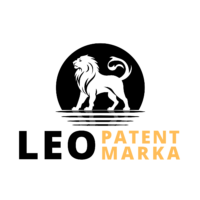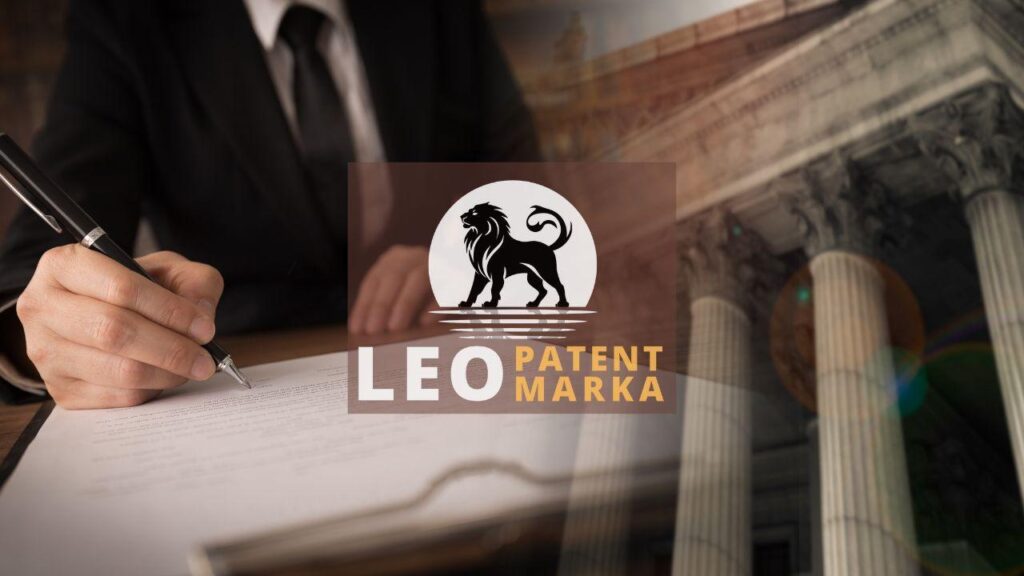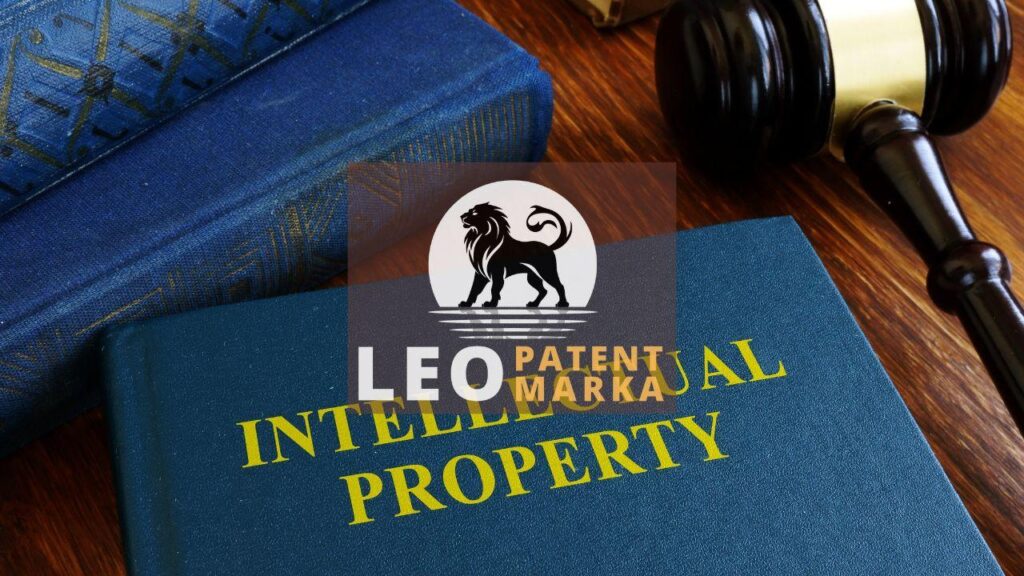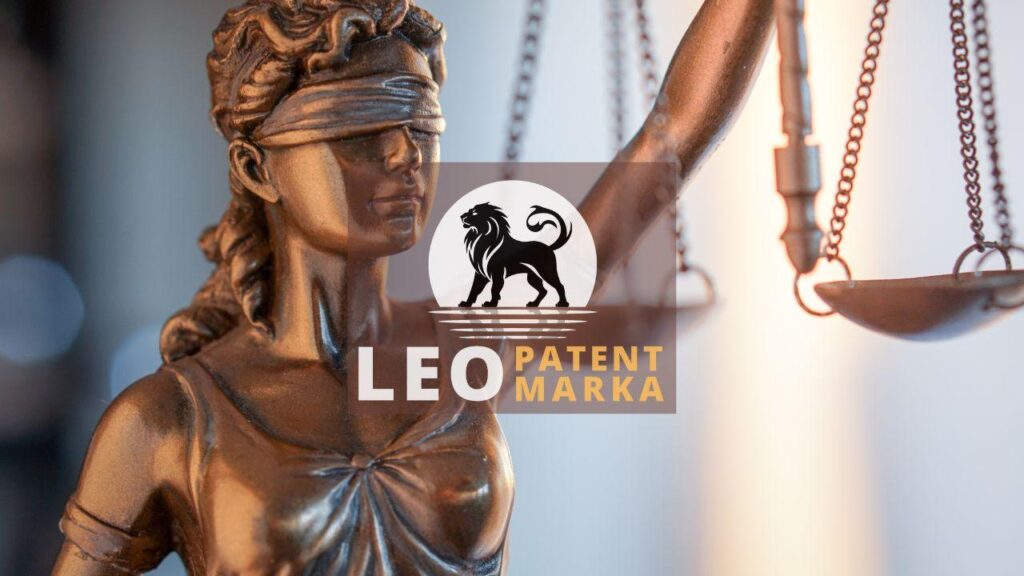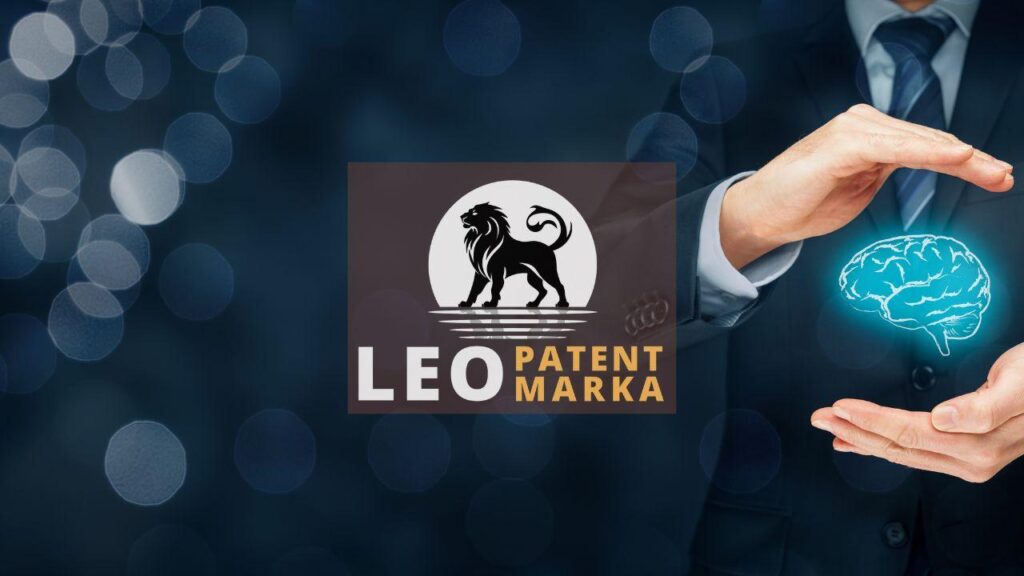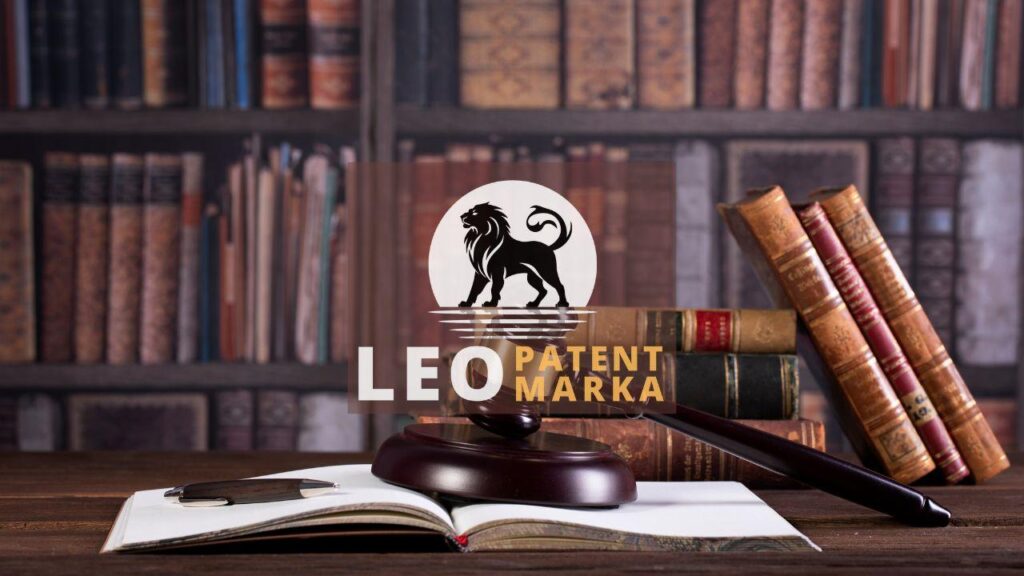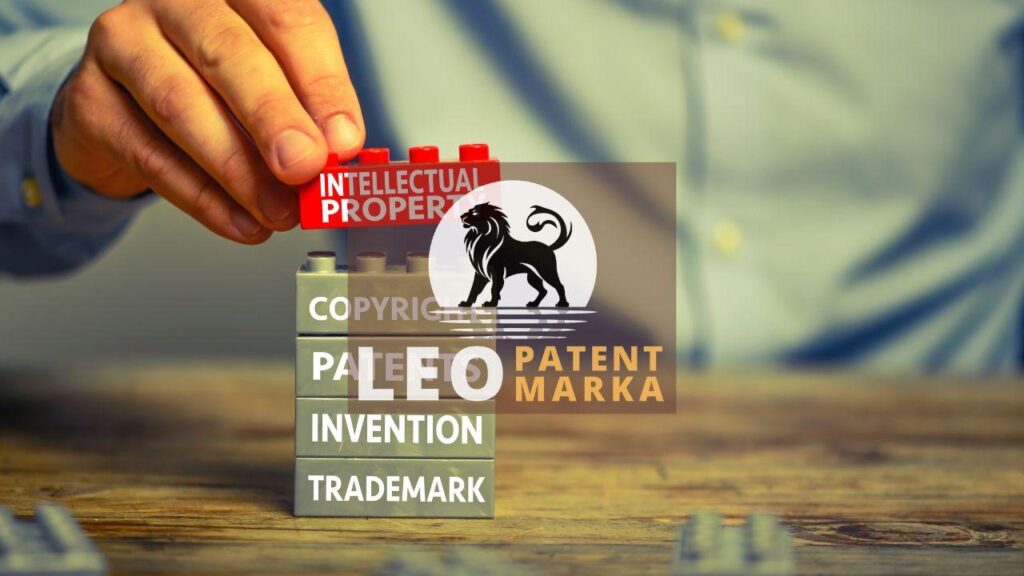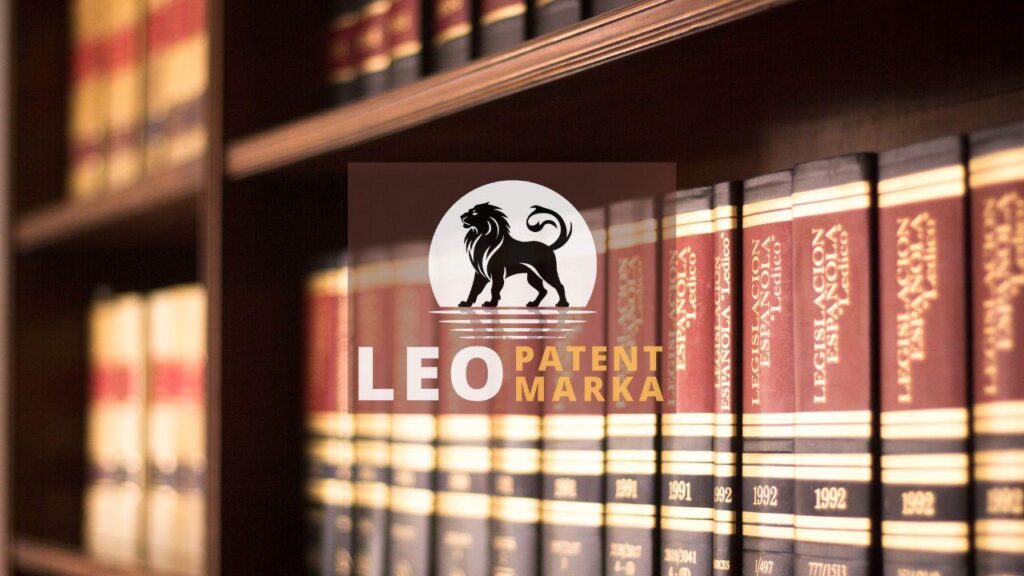Navigating the intricate landscape of patent licensing can be a complex yet rewarding endeavor for inventors and businesses alike. At Leo Patent, we recognize the pivotal role that effective patent licensing management plays in optimizing the value of your intellectual property portfolio. By leveraging our expertise in Turkish intellectual property law, we assist our clients in creating robust licensing agreements that not only protect their innovations but also facilitate strategic partnerships and revenue streams. Our comprehensive services are tailored to address the unique challenges of patent licensing in Turkey, ensuring that your intellectual assets are fully optimized to support your business objectives.
Understanding Licensing Agreements
Understanding licensing agreements is fundamental to maximizing the benefits of your patents. In Turkey, these agreements outline the terms under which a patent holder permits another party to use their innovation. Critical components include defining the scope of the license, whether it’s exclusive or non-exclusive, the geographical boundaries, and the duration. Additionally, it’s essential to stipulate financial arrangements, such as royalties and upfront fees. At Leo Patent, we ensure that these agreements are meticulously crafted to protect your interests, comply with Turkish regulations, and foster mutually beneficial relationships.
One of the most critical aspects of patent licensing agreements is the negotiation process, where establishing fair and equitable terms is paramount. Understanding the specific needs of both the licensor and licensee, as well as the commercial viability of the patented technology, is essential. At Leo Patent, we facilitate these negotiations by performing thorough market analyses and competitive assessments. Our in-depth knowledge of Turkish intellectual property law enables us to advise clients on potential pitfalls and opportunities, ensuring that the contracts not only meet immediate business goals but also provide long-term benefits. From performance benchmarks to dispute resolution clauses, we cover every facet to ensure a balanced and enforceable agreement that stands up to legal scrutiny.
In conclusion, monitoring and enforcement are pivotal elements of effective patent licensing management. After a licensing agreement is signed, continuous oversight ensures that all parties adhere to the stipulated terms, thereby safeguarding your intellectual property rights. At Leo Patent, we offer ongoing support to help you manage compliance, track royalty payments, and address any infringement issues that may arise. Our team is adept at utilizing a range of legal mechanisms under Turkish law to resolve disputes efficiently and protect your interests. By maintaining rigorous oversight and addressing issues promptly, we help our clients maximize the value and enforceability of their licensing agreements, ensuring a sustainable and profitable intellectual property strategy.
Navigating Legal Challenges
Navigating legal challenges in patent licensing in Turkey requires a deep understanding of both national and international intellectual property laws. At Leo Patent, our expert team is well-versed in the intricate regulatory framework governing patent rights in Turkey, including compliance with the Turkish Patent Institute (TPI) regulations and alignment with international treaties such as the Patent Cooperation Treaty (PCT). We offer comprehensive support to identify potential legal pitfalls and craft licensing agreements that mitigate risks, ensuring that your licensing strategy is not only legally sound but also strategically advantageous. Our proactive approach to legal compliance and risk management empowers our clients to confidently license their patents and secure lucrative business opportunities in the Turkish market.
Moreover, understanding the unique aspects of Turkish commercial and contract law is crucial for successful patent licensing. Our in-depth knowledge of these legal nuances allows us to draft airtight agreements that withstand scrutiny and prevent future disputes. At Leo Patent, we prioritize clear and enforceable terms that delineate the scope of the license, confidentiality obligations, and dispute resolution mechanisms. By integrating these elements into our licensing agreements, we not only protect the legal interests of our clients but also foster trust and transparency between licensors and licensees. This meticulous attention to detail ensures that your intellectual property assets are effectively leveraged, while minimizing the risk of costly legal conflicts.
Furthermore, our extensive experience in managing litigation related to patent licensing disputes sets us apart as a trusted partner in intellectual property protection. In the event of a legal challenge, Leo Patent’s seasoned legal team is equipped to advocate vigorously on your behalf, whether through negotiation, arbitration, or litigation in Turkish courts. We work tirelessly to defend your patent rights and achieve favorable outcomes, minimizing disruption to your business operations. Our holistic approach encompasses not only preemptive legal strategies but also robust enforcement mechanisms, ensuring that your patents remain a powerful asset in your competitive arsenal. With Leo Patent by your side, you can navigate the complexities of patent licensing with confidence, knowing that your intellectual property is in expert hands.
Maximizing Revenue Through Strategic Licensing
Maximizing revenue through strategic licensing involves meticulous planning and a deep understanding of both legal frameworks and market opportunities. At Leo Patent, we specialize in crafting licensing strategies that align with your overall business goals, ensuring that your patents are not just legally protected but also revenue-generating assets. By utilizing our expertise in Turkish intellectual property law, we help you negotiate favorable terms, identify potential licensees, and tap into new markets. Our goal is to transform your intellectual property portfolio into a dynamic, income-producing element of your business, providing consistent revenue streams and competitive advantage in your industry.
Effective patent licensing management is not a one-size-fits-all solution; it requires a customized approach that considers the unique characteristics of each patent and its potential applications. At Leo Patent, we conduct thorough market analyses and patent valuations to determine the most lucrative licensing opportunities for your intellectual property. Our team meticulously drafts and reviews licensing agreements to ensure they are watertight, covering crucial aspects such as royalty rates, territory restrictions, and sublicensing rights. By closely monitoring compliance and proactively managing relationships with licensees, we help safeguard your interests while maximizing revenue potential. This strategic oversight ensures that your patents are leveraged to their full potential, contributing significantly to your business’s profitability and long-term growth.
Furthermore, continuous adaptation and responsiveness to market shifts are essential for sustaining the profitability of your licensed patents. At Leo Patent, we stay abreast of trends in various technological and industrial sectors, providing ongoing support to reassess and renegotiate your licensing agreements as necessary. Our proactive approach includes identifying emerging opportunities for patent monetization and mitigating potential risks associated with infringements or market changes. Through periodic reviews and strategic adjustments, we ensure that your licensing arrangements remain optimal and align with evolving business landscapes. Trust Leo Patent to be your dedicated partner in navigating the complexities of patent licensing in Turkey, transforming your intellectual property into a lasting source of revenue and competitive edge.
Disclaimer: This article is for general information purposes only and it is recommended that you consult experts and companies in that field to evaluate your specific situation. We are not responsible for any damage that may arise from the use of the information in this article.
